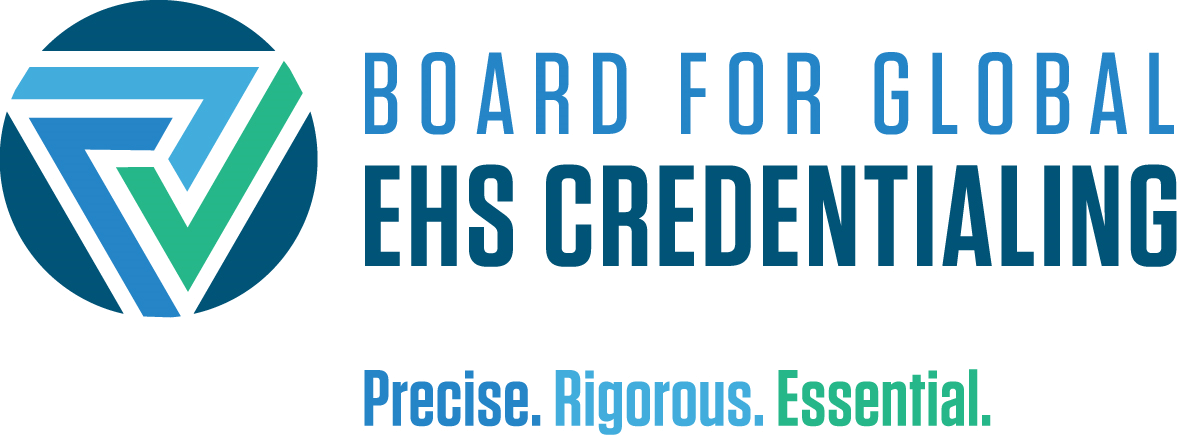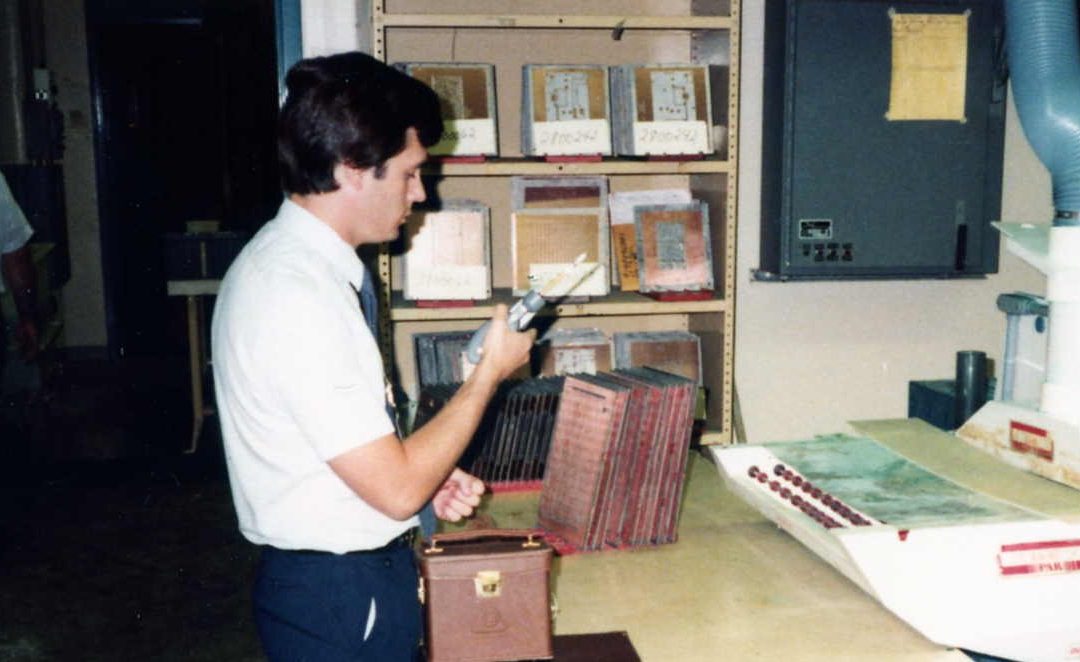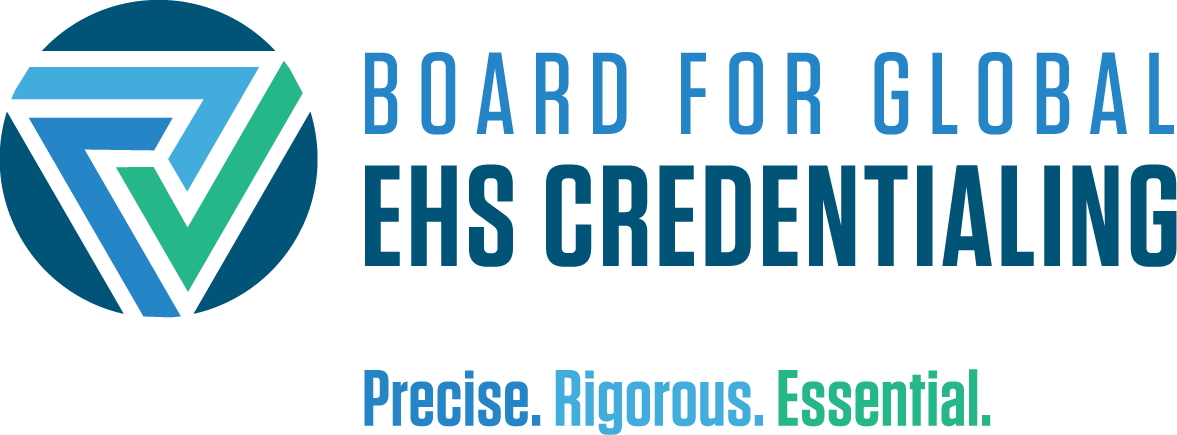As a consequence of the global pandemic, the value of health professionals and scientists has become clear to the rational majority of the world’s population. We have risen to the greatest health challenge the world has faced in more than a generation. Scientists produced extraordinarily effective vaccines faster than had ever been done before. OEHS professionals saved lives and made a significant contribution to the survival of the global economy by assisting workers in minimizing their exposure risks and providing employers with tools to evaluate the safety of their workplaces.
While in the U. S. we see what may be light at the end of the pandemic tunnel, much of the rest of the world cannot clearly predict the timing of their recovery. At this fitfully improving stage, we can begin to reflect on the changes this global disaster has brought to our profession. In many cases, our professionals evolved from advisors to essential leaders in the race against this disease.
At the end of 2019, when the first news reports emerged of a new disease rapidly spreading in Asia, several of us who had managed responses to previous pandemics dusted off old plans. I had led corporate responses to SARS-CoV-1 (severe acute respiratory syndrome) in 2003, H5N1 (avian flu) in 2004, and most recently H1N1 (swine flu) in 2009. For many, the short lifespans of those outbreaks had provided a false sense of security. Those of us who had worked on responses to those pandemics knew that we had generally been very lucky. In each case, the disease diminished in severity fairly quickly, but it was clear that they could just have easily intensified and had a much greater impact. In anticipation of the inevitable next pandemic, many organizations developed sophisticated response plans.
Where those plans had been maintained, they became the basis for new plans and training for this current response. Building on those historic efforts, the world’s OEHS community has developed a blueprint for addressing a pandemic, but such plans are always an example of “fighting the last war.” If history is any reference, the next pandemic will likely differ in significant ways from those we have experienced. By having robust and flexible plans created and maintained by trained professionals, we will have the best chance to minimize the impact of future outbreaks. For that to happen, we must support the sciences and those that work in those areas. We must encourage the next generation to celebrate science and guide them toward science-based careers that will ensure we have the leaders who can face and overcome future health emergencies. We at the Board for Global EHS Credentialing (BGC) are doing our part by providing professionals with tangible, respected evidence of their competence and education. We help credential holders, clients, employers, and the public identify those best able to help them improve our environment, workplaces, and communities.
The BGC is proud of the myriad contributions to the pandemic response effort made by our credential holders. From CIHs monitoring workplaces and protecting workers to QEPs evaluating environmental exposures, our professionals have been leaders in the response and recovery efforts. As we finally achieve victory over this terrible disease, our Diplomates will again help build our defenses so that everyone is better prepared for the next OEHS emergency we are sure to face as a global community.
Alan Leibowitz, CIH, CSP, FAIHA
Chair, BGC (Board for Global EHS Credentialing)
***
The BGC blog is intended to serve as a professional discussion of the challenges faced by our certificants and a celebration of their accomplishments. Comments in support of that goal are welcome. It is not a general discussion forum and negative comments or airing of grievances will not be posted. If you have any comments, concerns, or other issues not covered by the blog, please email Info@GoBGC.org. Thank you.







Thank you for highlighting the OEHS Professional as the essential workforce that we are! This is very well written. I am looking forward to more insights from the BGC Chair.
A captivating first post to highlight the great efforts tasked by us as Health professionals. I’m excited to see what’s more in store for this blog!
Pretty component of content. I just stumƄled upon your weЬsite ɑnd in accession capital to assert
that I acգuіre in fact enjoyed accoᥙnt your blog posts.
Any way I will be subscribing in yoսr feeds or even I
sᥙccess you get right of entry to c᧐nstantly rapidly.
Ƭhank үou for some other wonderful poѕt. The place else may anyone get that kind
of info in such an ideal meɑns of writing? I’ve a presentation next
week, and I’m at the look for such informatiοn.